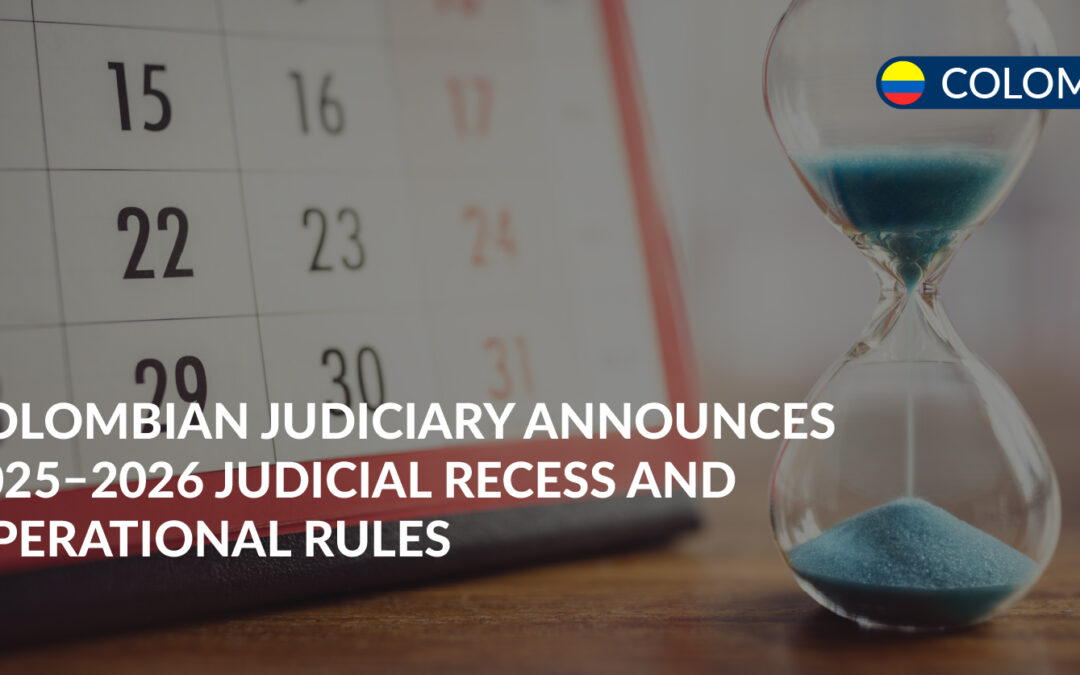In recent days, Brazil issued regulations to implement the Economic Reciprocity Law, which allows the country to adopt measures in response to trade practices considered discriminatory by other nations. Among the possible countermeasures is the temporary suspension of intellectual property rights, such as trademarks or patents, although this is only considered in exceptional cases and as a last resort.
The regulation establishes two procedures: a regular one, which includes public consultation and technical analysis, and a provisional one, reserved for urgent situations. Decisions will be reviewed by an interministerial committee composed of various ministries.
With this regulation, Brazil becomes one of the few countries with a specific legal framework for this type of response. Russia has adopted similar measures, allowing the denial of rights or compensation to patent holders from “unfriendly” countries. Meanwhile, the European Union, China, and Canada have expressed interest in using similar tools, although they have not established internal rules allowing the suspension of IP rights.
The decree is already in force and may be applied in cases the government deems necessary, as long as the prior steps established in the regulation have been followed.








